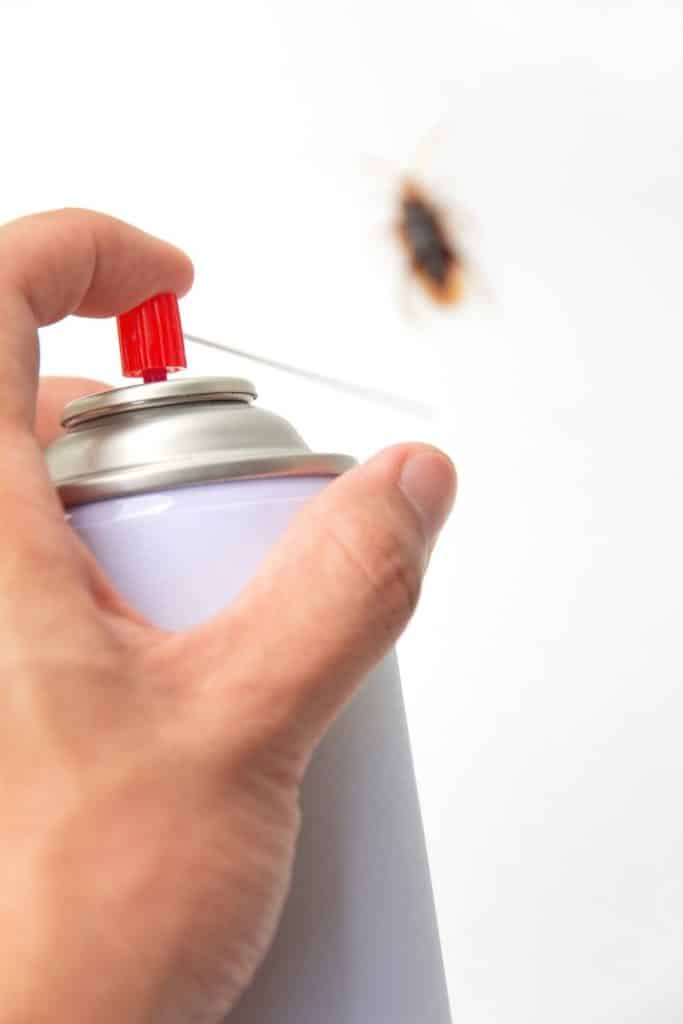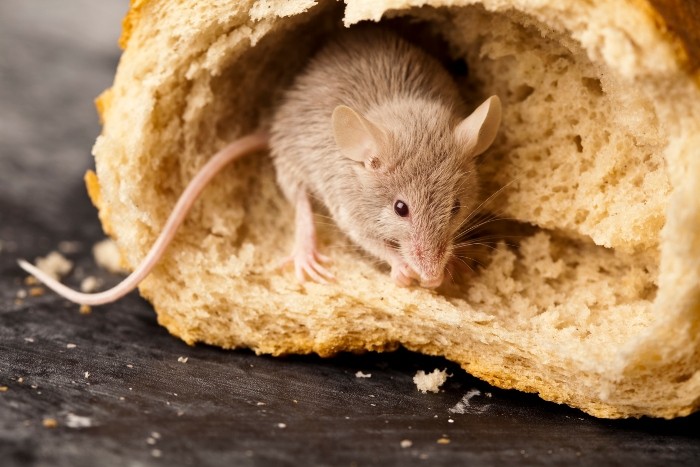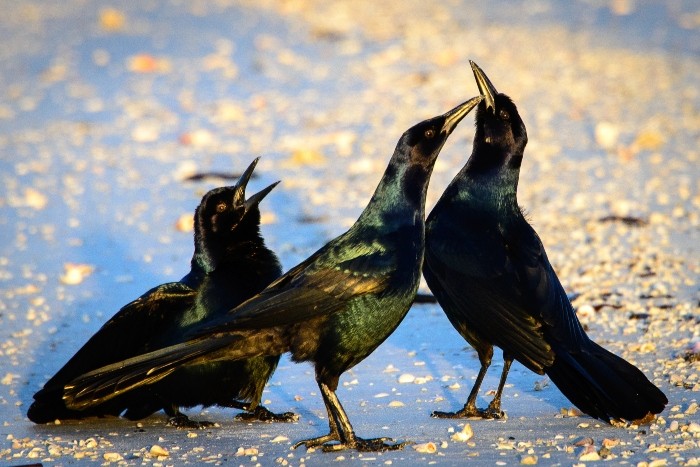The last thing anyone would want in their homes is pests. Not because they look ugly and are super annoying crawling around, but because unwanted pests affect your health. Yes, you read right. Having unwanted pests at home means you are always at high risk of getting your health affected negatively. In today’s blog, we are going to get into the details of how and in what pests can affect your health. With that said, let’s get started!
Are Pests Really a Dangerous Issue For Your Health?
The main problems associated with the presence of pests are derived from the pathogens they transport. Bacteria or microbes are the commonly spread pathogen. They can cause diseases and allergies that can affect our health or those around us. Inexorably, pests also generate other types of problems more closely related to the material. For example, damage to building structures or furniture and/or crop fields.
These damages have a direct impact on our mental health, which is the toughest to recover from. Since unwanted pests are capable of ruining our mental and physical health, you need to hire a local exterminator and get them out of your house as soon as possible. Try searching for an exterminator near me. You will find an excellent exterminator you can choose to get pests removed from your property.
Health Problems Arising From Pests
There are numerous pests in the world that are hazardous to the health and environmental hygiene of human beings. Here are some health conditions caused by some of the common pests found in our homes:
Cockroach

Cockroaches are linked to at least 30 bacteria that are harmful to humans. These bacteria can cause symptoms and diseases in our bodies, such as diarrhea, dysentery, urinary and genital infections, gastroenteritis, typhoid fevers, skin fungus, salmon, etc.
Also, they are usually carriers of viruses such as infectious hepatitis. It is only enough that we have indirect contact with them (through their feces or urine) for us to be one of their victims.
Rats

It is not necessary to investigate the history of environmental health very thoroughly to verify that rats have repeatedly been the protagonists of terrible pandemic episodes (the Black Death of the Middle Ages, for example).
They are carriers of more than seventy diseases, some of them lethal to humans. In addition, they have an essential role as vectors of infections for other animals. The easiest way of contagion is through the ingestion of food contaminated by feces, saliva, urine, or by bite.
Wasps

Wasps are powerful insects capable of killing a person. However, this situation is very extreme, and it is more frequent that what we live in is only a bite. But, the truth is that not everything depends only on quantity:
Its bite produces an allergic reaction for which we can be immunized or not, hence the main problem. Since there are people who are allergic and a bite would be enough to lead them to a severe state of health or even death.
Rodents

These small animals have been with us for centuries and have caused more deaths than any other war. Without going any further, the bubonic plague pandemic of the Middle Ages decimated almost half of the European population. Their bite or contamination of drinking water or food are some of the primary sources of infection when we talk about rats and mice.
Among the most common diseases caused by rodents are salmonella, leptospirosis, Weil’s disease or hantavirus. Bacteria and viruses are easily transmitted in unhygienic or food-abundant environments and environments. Therefore, the control of hygiene and preventive control of these animals is highly advisable if we want to keep them at bay and avoid infections.
Bird-Borne Diseases

Finally, let’s make a brief review of some of the ailments that can be caused by birds. In the case of these animals, the infection occurs mainly through their droppings and the bacteria, fungi, or viruses they contain.
Among the diseases transmitted by bird pests are avian influenza, cryptococcosis, salmonellosis, psittacosis, etc. Poor cleaning conditions are again another major threat because it contributes to certain bird pests getting out of control, and we have to resort to specialized companies.
Having unwanted pesticides in your home is hazardous as they cause some severe health problems. If you want to maintain hygiene at your home and make it a disease-free space, get pest control from an exterminator every few months. You can search for “exterminator near me” to find local exterminators to help you with pest control. With that said, share this blog with all your friends and educate them about the danger pests are prone to.









I think the unwanted pests are getting worse over the years in my area.
I am allergic to roach droppings and mouse urine. This pests carry so many yuckies.
I have cats that I am very glad keep the mice taken care of when they do manage to sneak inside the house. I hate when we get wasps in the shed once the weather warms up too though.
It’s great that we are spraying pesticides in our house every year. And our cats really help a lot too.
Thankfully we don’t have any pests at the moment. I’d hate to have issues with any of those especially wasps. Scary!!!
I love This. Living in NC it is also important to maintain a clean living environment to help prevent pest infestations.
OMG! Now I am worried about the effect of pests on my health. I need to do everything possible to avoid them in my house!